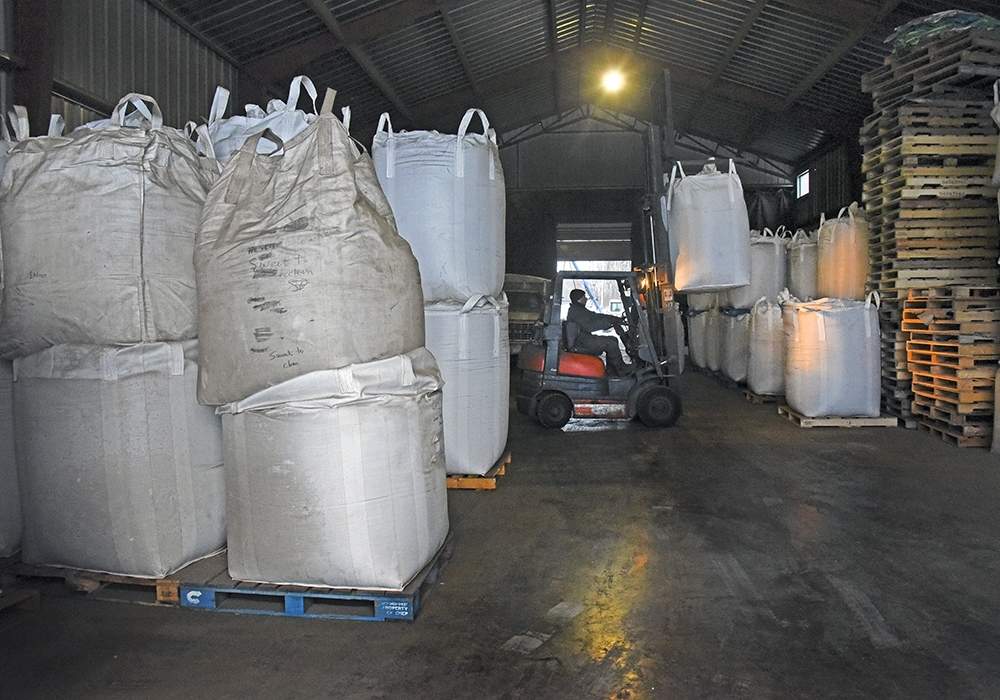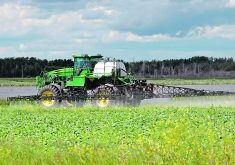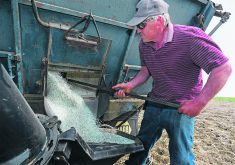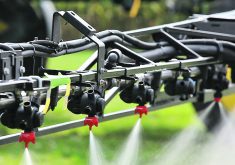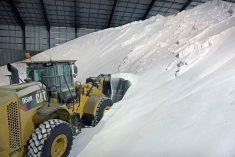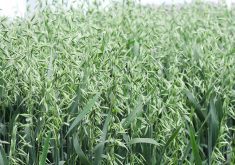Farmers should lock down crop inputs as soon as possible, suppliers recommend.
Western Canada’s stockpiles have been drawn down, warehouses are mostly empty and incoming shipments are uncertain.
“It’s going to be a real tight window to get everything brought in and positioned in time for the season this year,” said Cornie Thiessen, ADAMA Agricultural Solution Canada’s general manager, in an interview at the company’s Winnipeg headquarters.
“The warehouses are largely empty. They’re saying, ‘as soon as you get (supplies) send it over.’”
Read Also
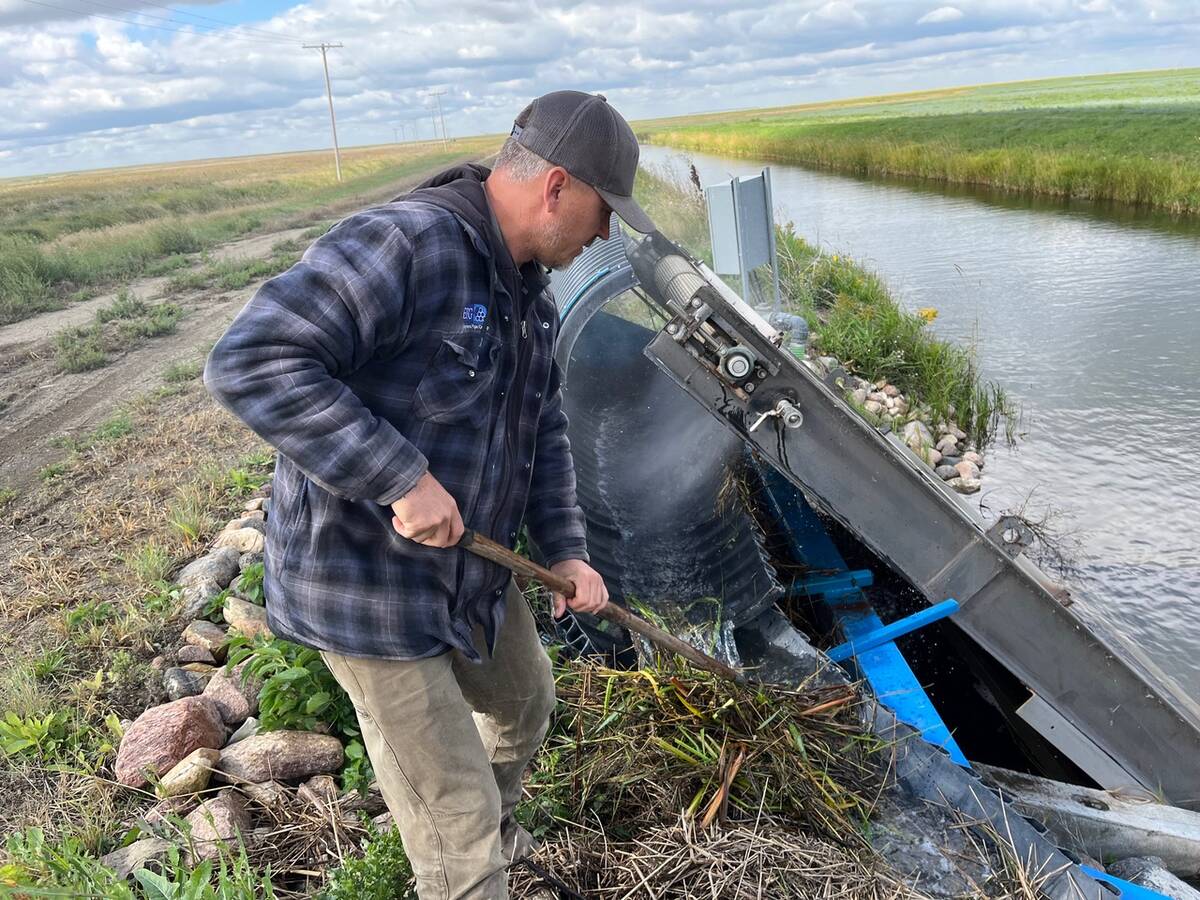
Saskatchewan farmer uses tile drainage to manage water
The integration of both irrigation and tile drainage results in higher yields, water efficiency, improved soils and less nutrient runoff, says one producer.
Mitch Rezansoff, executive director of the Canadian Association of Agri-Retailers, urged farmers to not take inputs for granted.
“The most important advice to growers is to up their contact with retailers and manufacturing representatives,” said Rezansoff.
“Availability of what you specifically want is not guaranteed. Consider second and third choices in advance.”
2021 was a trying year for agri-retailers as farmers used much insecticide during the grasshopper outbreak and much herbicide during the flush of weeds that appeared after fall rains. Retailers had struggled all season to source normally dependable supplies, such as glyphosate, glufosinate and 2, 4-D.
Many shortages from last year linger, not having been filled over the winter due to supply chain constrictions.
“It’s a broad range of products that are very tight,” said Thiessen.
The pandemic has stressed supply chains in many ways. Factory workers, ship crews, port staff and inspection officials have seen absenteeism due to sickness at high levels at various times, including during the current Omicron wave.
Chinese factories, which make many agricultural products, had mostly returned to normal operations after the initial few months of the pandemic, but recently city-wide lockdowns and restrictions due to Omicron have slowed production in China again. Those sorts of problems afflict most countries that produce inputs.
“Factory shutdowns overseas due to COVID-19 have resulted in shortages of some active ingredients and formulation chemicals,” said Pierre Petelle, president of CropLife Canada.
“These factors may contribute to some supply issues for certain products in 2022, but we have not been informed of specific shortages at this time.”
The impact of anti-restriction border blockades is hard to assess. Much agricultural input trade between the United States and Canada relies on trucks.
“CropLife Canada supports immediate resolutions to the current border disruptions to support food security for Canadians,” said Petelle.
“Our expectation is that early-season pesticides are, for the most part, already within the Canadian supply chain. However, prolonged border disruptions could certainly impact farmers’ ability to get important inputs in the longer term.”




